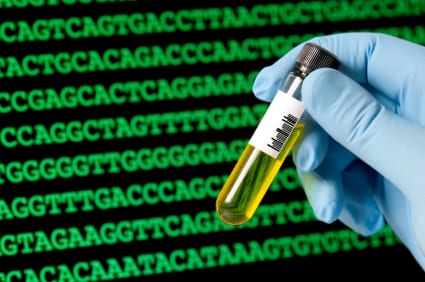
Each one of us carries in our cells the vital genetic data, compliments of our parents, that code for many of our traits and attributes. Whether it’s our eye color, height or the ability to consume dairy products, the variations in our genes contribute to making us ‘one of a kind’. Unfortunately, these variations can also lead to the onset of disorders that aren’t so unique.
Technology now allows scientists to tap into our DNA as they attempt to unlock the underlying genetic causes of diseases that afflict so many of us. These studies, often called Genome-Wide Association Studies (GWAS) because of their comprehensive design, are producing some very compelling results. Under the present research model, individuals who are asked to consent to participating in these studies typically donate a blood or saliva sample and provide access to information about their particular disease (or drug response, in the case of pharmacogenetic studies) through their health records or through diagnostic interviews. Scientists then look for genetic correlations that can help direct the development of diagnostics and therapeutics.
This model is fairly steeped in tradition and protocol. Once your sample and information are collected, researchers go out of their way to break the link back to you, with the mindset that it’s a necessary measure to protect your privacy – and, frankly, minimize their liability to deliver and explain the data. The genetic information derived from your DNA is often “de-identified” or “anonymized” so that it can’t be traced back to you. As a “human subject” in a study such as this, you are not offered access to this very personal data. Yet it could be very important for you to know. Now that we have more knowledge about how our genes impact our lives, thanks to these very studies, shouldn’t you be given access to the data if you want it? Even if there’s little you can do to alter the course of your genetic predispositions – which are often not definitive – we’re seeing overwhelming evidence that a lot of people would like this information.
At 23andMe, we believe it’s time for a research revolution, where the people involved – let’s no longer call them human subjects – can play a more active role and contribute more directly to studies of most interest to them and their families. And if any individual would like access to his or her data, he or she should be granted that request.
In this spirit, 23andMe is proud to support www.HealthDataRights.org and the Declaration of Health Data Rights. We believe genetic data are an integral part of your health information, and you should have access if you so choose.